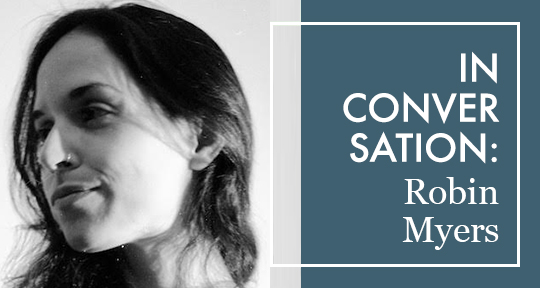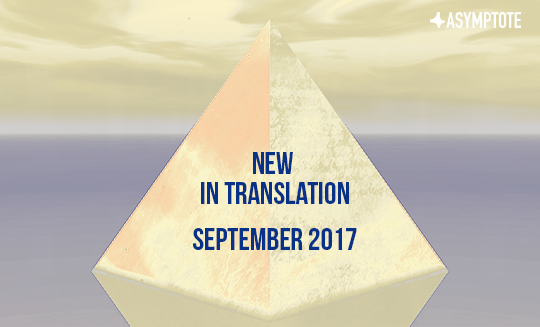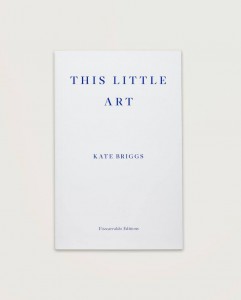This is the third and last installment of my interview to poet and translator Robin Myers. The first part was published on May 11 and the second on July 7.
Alan Mendoza Sosa (AM): I would like to delve a bit deeper into the relation between creative writing and translation. How does being a poet inform your translation practice or the other way around?
Robin Myers (RM): Poetry led me into translation, and I started translating only poetry, so what feels absolutely shared by my experiences of both writing poetry and translating anything is this compulsive contact with language as a material thing, as something that you get to experiment with. It happens of course in writing prose, too, but I think there’s something especially tactile about poetry, and this sense that it always could’ve been otherwise. There’s just a kind of intoxication I’ve felt with poetry that has made me think about translation as a site for looking for freedom within constraints. I do think there’s something different about writing poetry and translating it, however, at least for me. When you’re translating, you’re never entirely by yourself in your own head. I mean, in writing you’re not either, really. As we’ve been talking about, there’s always this sense of where you come from and who you’re seeking with. But with translating you’re writing toward something and with something that’s already concretely there. When I start writing poetry again after a long time of mostly just translating, there’s a renewed sense of me making something up out of nothing, which is both thrilling and scary.
AM: And there’s also not a harsh division between writing creatively and translating. In a way, when you write, you are translating a continuous flow of language or ideas into the more precise form of a poem on the page. So we can even consider writing a self translation.
RM: Yes, and I love how Kate Briggs talks about that in This Little Art. It’s easy to overgeneralize this stuff—Briggs says something like, “Say it too fast and it all goes down the trap door.” Like, okay, all writing is translating, we can agree on that, but how do we keep from getting lost in the abstraction? How else can we get at the differences or the similarities between the two practices?
I’ll say that translating has also helped me get through my fallow periods as a poet in a really gratifying way. I am a fairly off-and-on poetry writer. I have periods of writing a lot followed by long, long periods when I don’t write at all. And that used to fill me with despair. Translation keeps me company during those times in a way that lets me know that I’m engaged with language and that I’m collecting things and learning.




